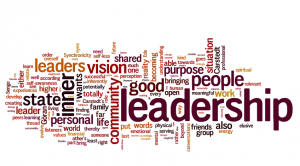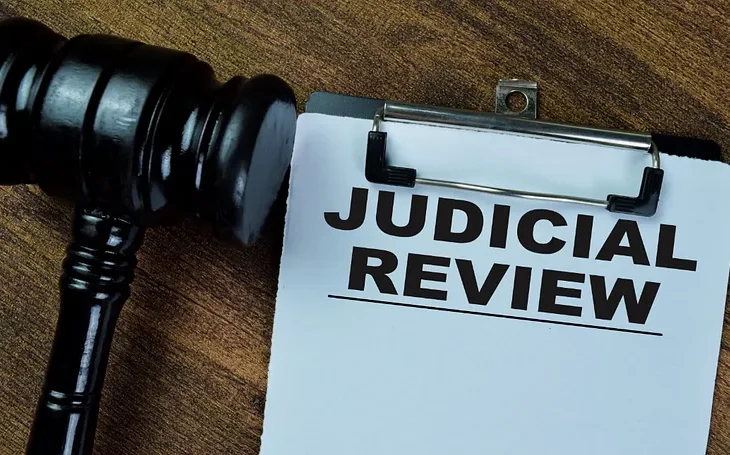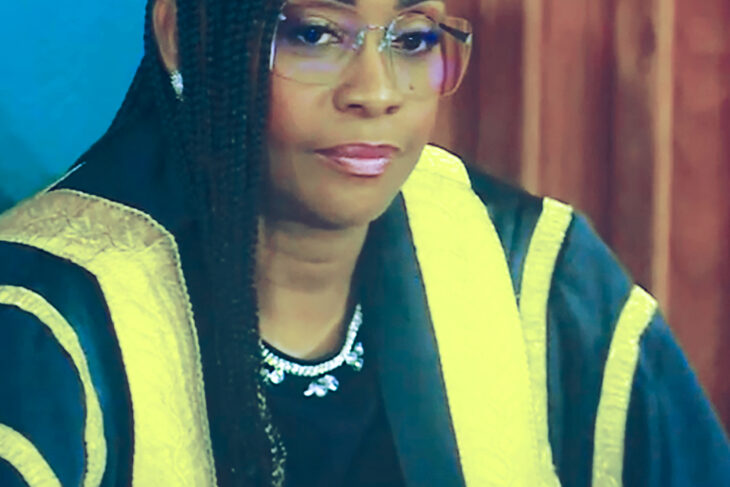
 Democracy is a word which stirs up many feelings in everyone. It is a simple word with a complex yet surprisingly simple meaning. The crudest way to describe democracy is people power. That is, the broad mass of the people have the ability to effect a change in their political, economic and social situation. In the Jamaican context democracy simply means going to the polls once or twice in a set period (local government elections, general elections and the odd referendum) and then allowing our representatives to make decisions for us.
Democracy is a word which stirs up many feelings in everyone. It is a simple word with a complex yet surprisingly simple meaning. The crudest way to describe democracy is people power. That is, the broad mass of the people have the ability to effect a change in their political, economic and social situation. In the Jamaican context democracy simply means going to the polls once or twice in a set period (local government elections, general elections and the odd referendum) and then allowing our representatives to make decisions for us.
That type of democracy is not suitable for any country, let alone Jamaica, and it must come as no surprise that it has led us to where we are now. Such a system allows people who have vested interests, that is private as opposed to public interests, to come to the fore as national leaders and power brokers. More importantly, such a form of democracy is simply not democratic as the average citizen has no real input into how laws or policies are crafted and it allows our leaders to act as an elected monarchy.
Does it come as any real surprise then that the voter turnout is slightly above or below 50 per cent? Why would anyone wish to partake in a system that constantly ignores their wishes and needs while shifting power firmly into the hands of those who can afford to fund a political party? This type of democracy does not work, and while a lot of people fear that the options are liberal democracy or a dictatorship, that is a false choice so far as I can see as one can go into variants of democratic rule (some better than others).
Direct democracy is probably the best type of democracy that would both drag Jamaica from the brink of corruption, slack governance and the inevitable reactionary government which almost always follows corruption and poor governance. Direct democracy — though it has admitted flaws (legislation can get bogged down and reactionary laws passed as seen in Switzerland) — has many benefits which I feel far outweigh the negatives, namely the mass population would finally get some concrete political education.
Having some political knowledge is key in any form of rule (democracy, monarchy etc), as it allows you to know the parameters of any given political discussion and also allows you to figure out what is achievable, what isn’t and what requires a completely new governance structure. In the context of a direct democracy it becomes critical as it is the population as a whole who will be making the final decisions at the end of the day, and the extent of their political knowledge will determine what type of policy is adopted.
People will be people, some will find ways do nasty things within the most rigid systems and utopian societies. The Swiss, who no one can accuse of being ignorant of politics, culture, etc voted via direct democracy to outlaw minarets and the call to prayer. This was later codified into law as the Swiss constitution demands. Now, no system of government is perfect, but again if one looks at the Swiss example that election opened up a huge debate in that nation which is still raging today, a debate that was necessary, regardless of which side with which you are aligned.
Direct democracy in a Jamaican context need not copy and paste the Swiss model or any model for that matter, rather it can pick the aspects which best suit us and leave the rest alone. For example, the people as a whole in this nation need input in how the state spends our money (at both the local and parliamentary levels) and the only way we can do that is through direct democracy. This need not be a budget proposal going to referendum, leaving the nation in the prospect of perpetual budgetary limbo. Instead, the people who are on the voters’ roll will be called up at random to weigh in on the debate, giving voice to critical concerns of the average Jamaican which are generally lost in the wash, though the MP would have the final vote.
That hypothetical though entirely feasible option, though messy, carries immense social weight behind it and could be applied to other things such as education, health and even justice. Direct democracy also ensures that people know that their voices do in fact matter politically and as such would reverse what has been an alarmingly rapid decline in voter turnout and political participation.
Staying on the subject of the social aspect, direct democracy allows more social issues to be brought to the fore. Topics such as abortion, homosexuality, foreign land ownership and everything else under the sun could be properly debated. And following such a debate a decision one way or another can then be made rather than the current situation which sees social decisions left to men and women whose ideas don’t necessarily represent those of their constituents.
Direct democracy at the local level, however, may probably be the best place to start and it would also, I believe, have some immediate benefits. This at least would not see key areas of need (such as the budget and foreign relations) being bogged down in the necessary but costly lengthy debates needed for them. Rather, it would have citizens deal directly with their immediate circumstances. Issues such as rent, parochial roads, sewerage, garbage collection and education could be debated by the public to find and implement solutions.
People’s involvement in politics is needed desperately in this nation, especially now as we have individuals with real power and whose actions show they yearn to snatch away the little hard-fought-for power that the people currently have. Direct democracy, I feel, is the best way towards that. It is the best way to make the people see that they do have a voice in what goes on in the country and that they can make a change. Yes, it is messy, it does spew up some monstrous policies, but it is far better than shunting your future off to some random person for five years. Dylan Cole Womens Jersey



